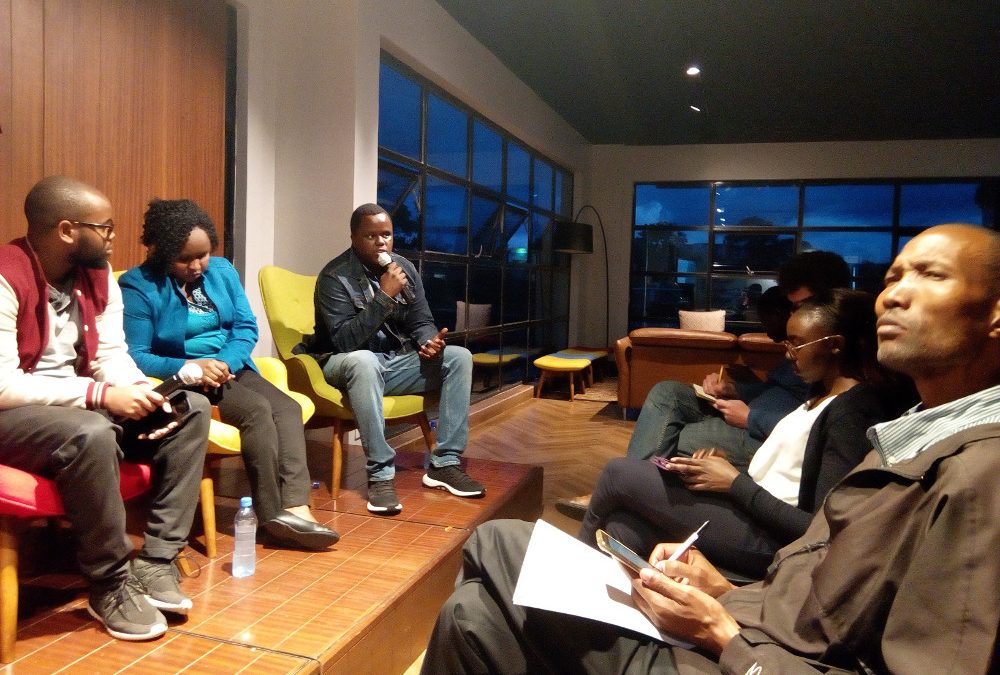On the 5th of April we had the privilege of attending this arguably interesting meet up event at Mettā, Nairobi. The panel to discuss the legal issues around Blockchain Technology & Cryptocurrency was Michel Kimani, an entrepreneur with Africoin, Rosemary Koech-Kimwatu, an advocate from Legal Hackers, our very own John Karanja, Mutugi Mutegi an advocate with MMC Africa Law and Ian Munene a lead developer at Moringa School. The session started with the panelists having an interactive forum on cryptocurrencies and what they are.
Blockchain technology was also explained and its benefits over the present networks were explored. Among the pros are that the blockchain cannot be controlled by any single entity and has no single point of failure thus resulting in transparency where data is entered in the network as a whole meaning it is public. It cannot be corrupted. Picture a spreadsheet that is duplicated thousands of times across a network of computers. Then imagine that this network is designed to regularly update this spreadsheet and you have a basic understanding of the blockchain. Blockchain technology is like the internet in that chunks of information that are identical are stored across its network.
Through blockchain, smart contracts can be automated to perform simple functions. Copyright holders have not been so lucky, losing control over their intellectual property and suffering financially as a consequence. Smart contracts can protect copyright and automate the sale of creative works online, reducing the risk of file copying and redistribution.
Blockchain interest in Crowdfunding initiatives potentially creating crowd-sourced venture capital funds was a topic of interest creating a fired up discussion thanks to the few fraudulent incidences of people who have used the system to extort people.
Blockchain isn’t flawless and it does have disadvantages. First is the adoption of the technology. To set up blockchain, financial institutions would in actual fact have to abandon their current networks and start anew. Blockchain can also, depending on the circumstance, be very energy dependent, and therefore costly. Differentiation of blockchain networks is also a concern. Would a land investor in Kenya be at peace with the idea of his land/property transactions in the hands of a computer wizard in say China?




